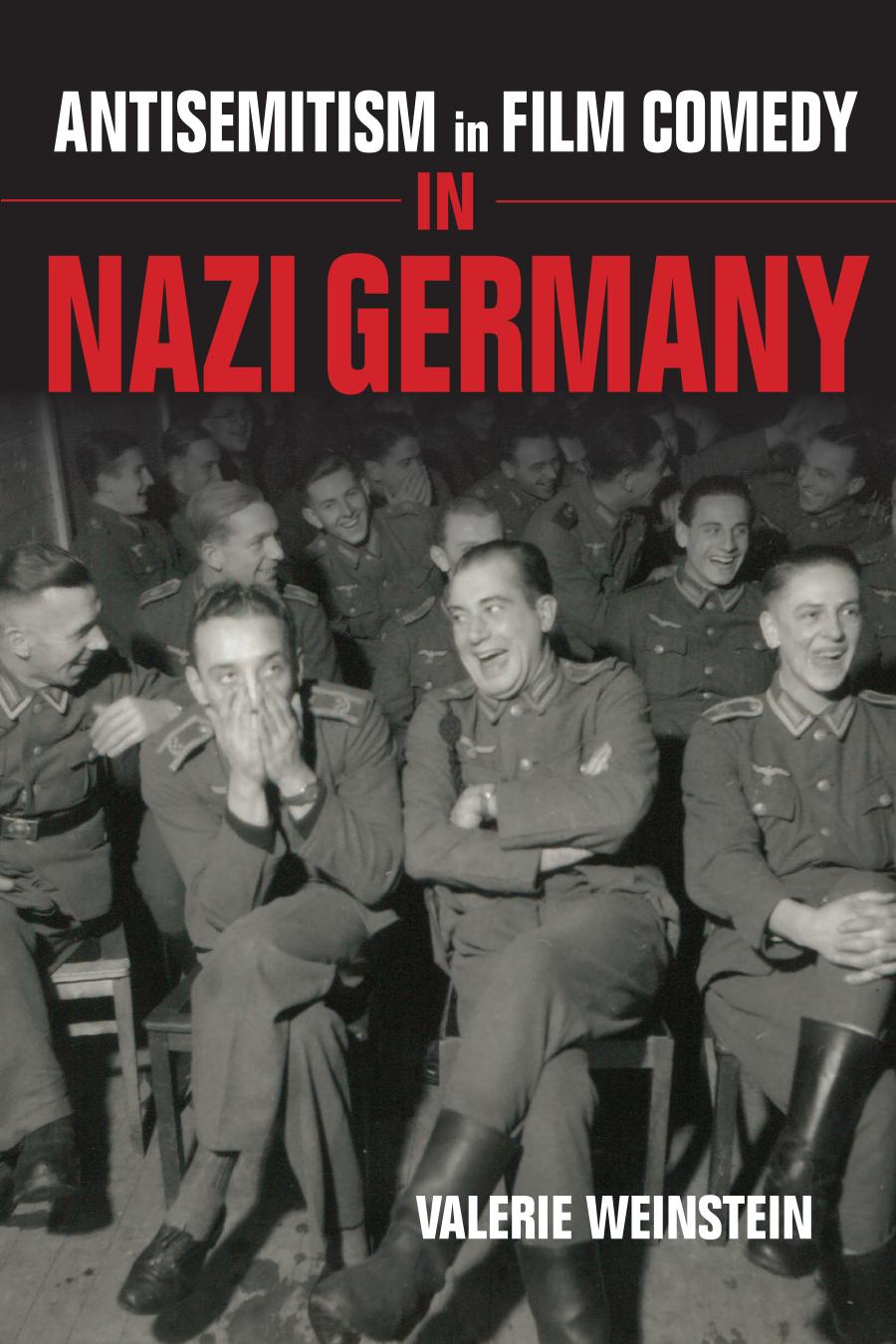

Most ebook files are in PDF format, so you can easily read them using various software such as Foxit Reader or directly on the Google Chrome browser.
Some ebook files are released by publishers in other formats such as .awz, .mobi, .epub, .fb2, etc. You may need to install specific software to read these formats on mobile/PC, such as Calibre.
Please read the tutorial at this link: https://ebookbell.com/faq
We offer FREE conversion to the popular formats you request; however, this may take some time. Therefore, right after payment, please email us, and we will try to provide the service as quickly as possible.
For some exceptional file formats or broken links (if any), please refrain from opening any disputes. Instead, email us first, and we will try to assist within a maximum of 6 hours.
EbookBell Team

5.0
48 reviewsToday many Germans remain nostalgic about "classic" film comedies created during the 1930s, viewing them as a part of the Nazi era that was not tainted with antisemitism. In Antisemitism in Film Comedy in Nazi Germany, Valerie Weinstein scrutinizes these comic productions and demonstrates that film comedy, despite its innocent appearance, was a critical component in the effort to separate "Jews" from "Germans" physically, economically, and artistically. Weinstein highlights how the German propaganda ministry used directives, pre- and post-production censorship, financial incentives, and influence over film critics and their judgments to replace Jewish "wit" with a slower, simpler, and more direct German "humor" that affirmed values that the Nazis associated with the Aryan race. Through contextualized analyses of historical documents and individual films, Weinstein reveals how humor, coded hints and traces, absences, and substitutes in Third Reich film comedy helped spectators imagine an abstract "Jewishness" and a "German" identity and community free from the former. As resurgent populist nationalism and overt racism continue to grow around the world today, Weinstein's study helps us rethink racism and prejudice in popular culture and reconceptualize the relationships between film humor, national identity, and race.